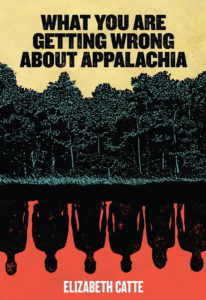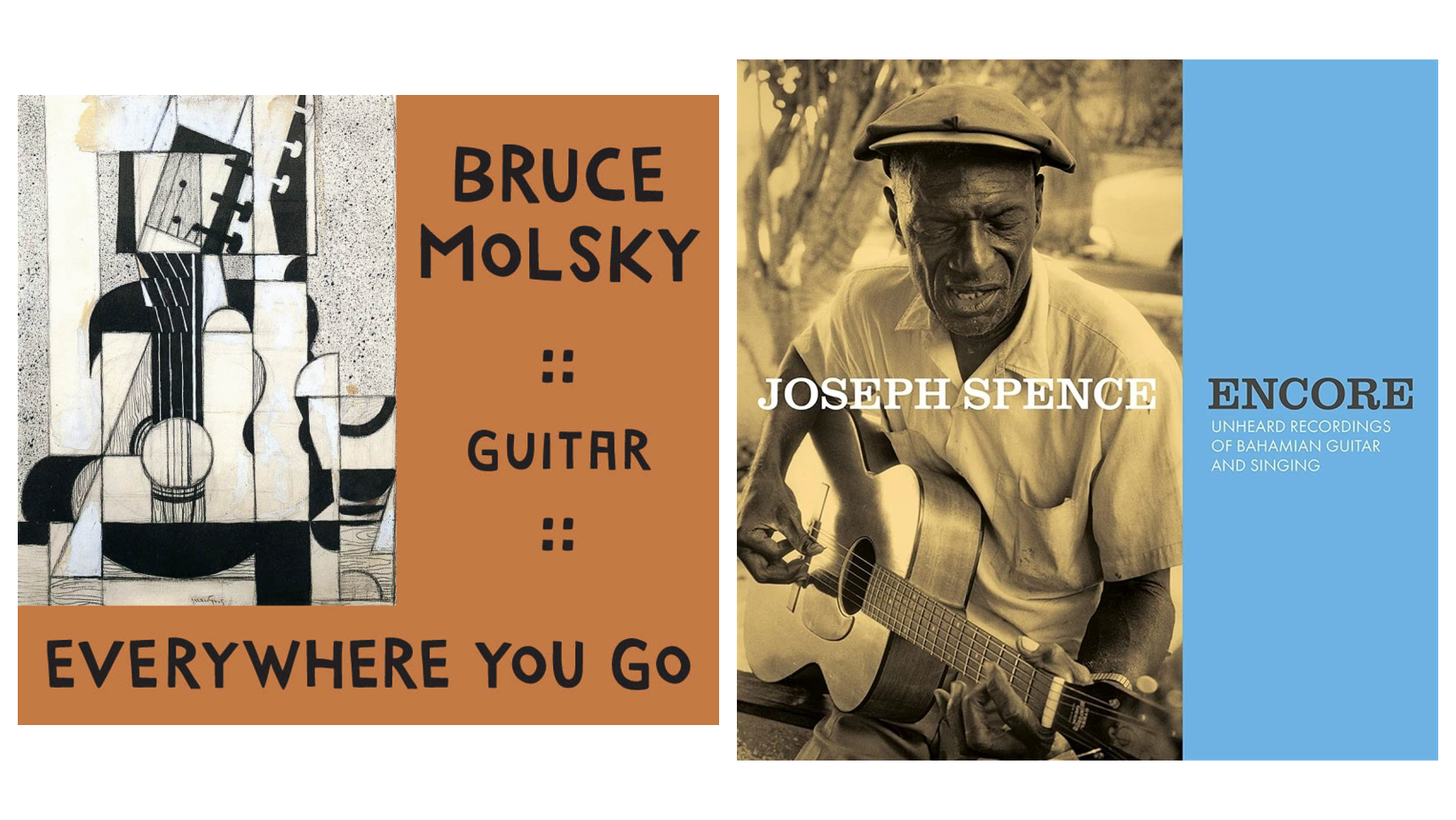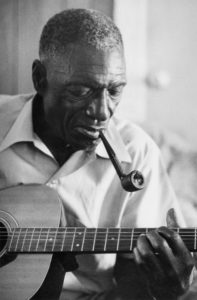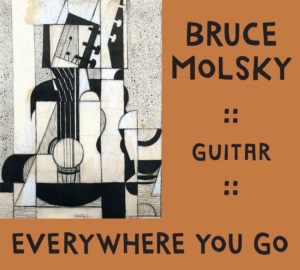Welcome to Radio Bristol Book Club where readers from BCM and the Bristol Public Library come together each month to celebrate and explore books inspired by our region’s rich Appalachian cultural and musical heritage! We invite you to read along and then listen to Radio Bristol on the fourth Thursday of each month at 12:00 noon when we dig deep into the themes and questions raised by the books, learn more about the authors, and celebrate the joys of being a bookworm!
Our April book club pick is What You Are Getting Wrong about Appalachia by Elizabeth Catte. While the book is only 146 pages, it packs in a lot of history, culture, and analysis into its examination of Appalachia and the too-frequent stereotypes or perceptions of this region. Appalachia covers over 700,000 square miles, with counties in 13 states from Alabama to New York. Despite this huge area and the widely different characteristics and peoples who live and work here, Appalachia has too often been viewed over the years as a monolithic region and described predominantly with words like backwards, poor, white, uneducated, rural, isolated, etc. A lot of those perceptions were strengthened by J. D. Vance’s popular book (and now a movie) Hillbilly Elegy, published in 2016. Catte knows a different Appalachia – and her book is a powerful answer to the caricatures and assumptions made about the region as she explores its diverse peoples and voices and why stereotypes about Appalachia have been embraced.

Elizabeth Catte is a writer and historian from East Tennessee. She writes about history, politics, and culture, and her work has appeared in the Guardian, the Washington Post, Guernica, The Nation, McSweeney’s, In These Times, the Boston Review, Gravy, and has been reviewed in The New York Times, Bookforum, New York Review of Books, and the Los Angeles Times. Currently she is an editor-at-large for West Virginia University Press and the co-founder of Passel, an applied history firm. She has a PhD in public history from Middle Tennessee State University and uses her master’s degree in museum studies to curate a website dedicated to food eaten on King of the Hill called Pork Chop Night. She also serves on the board of the Appalachian African-American Cultural Center in Pennington Gap, Virginia.

Author Elizabeth Catte.
Please make plans to join us on Thursday, April 28 at 12:00pm for the discussion of What You Are Getting Wrong about Appalachia. You can find us on the dial at 100.1 FM, streaming live on Radio Bristol, or via the Radio Bristol app. The book is available at the Bristol Public Library, so be sure to pick up a copy and read it ahead of time. The librarians will be happy to help you find the book. We look forward to exploring this book on-air, and if you have thoughts or questions about the book that you would like to share with our readers, you can email info@birthplaceofcountrymusic.org (Subject line: Radio Bristol Book Club) – your book insights might appear on air with us!
Looking ahead: Our book pick for May is My Old True Love by Sheila Kay Adams; we’ll be discussing it on Thursday, May 26. Check out our full list of 2022 Radio Bristol Book Club picks here, where you can also listen to archived shows!
René Rodgers is head curator at the Birthplace of Country Music Museum and an avid reader.






